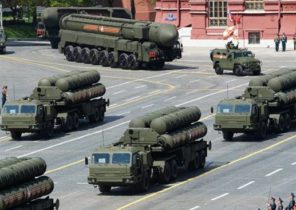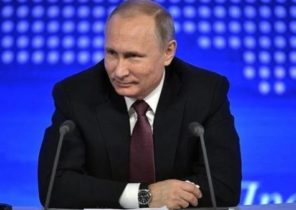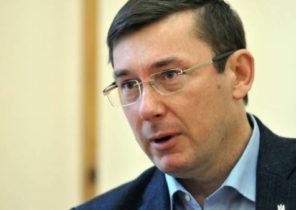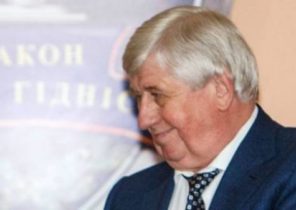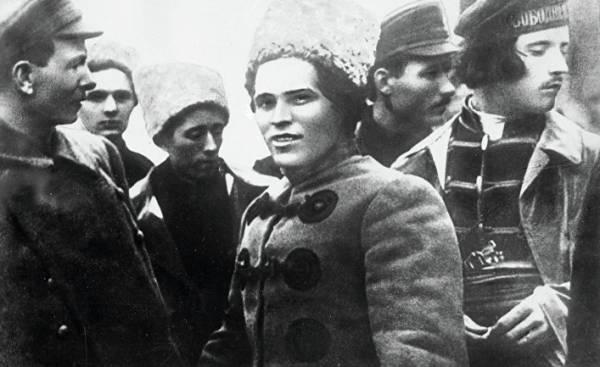
Sergey Zhadan and the audience, and participant. He is present while in the throes of birth of a nation. He is actively involved in the description of the identity of the nation. Therefore, it throws her mind, couching it in words.
In search of identity
“Am I part of the state? It sounds a bit pompous, so I’ll answer “no.” But the literature created by the state. Search for identity — a difficult matter,” said writer Sergei Zhadan.
In Oslo he came to represent the Norwegian public his novel “Anarchy in the Ukr”.
The book is a journey for lovers of the party; a road trip, published by Pax. Zhadan takes us on a journey at some point of modern history of Ukraine. The main character, from whose face is narrative, ROS, when he died, the Soviet Union and was born young Ukraine is an existential background. He describes the endless drunkenness and fighting suffering souls in the chaos of what this time was for Ukraine.
Suicidal waves
The main character, from whose face the narrator visits the native place of the leader of the anarchists of Nestor Makhno. The reality is a bit like the one that was in Makhno 100 years ago, when the Russian revolution became a bloodbath, primarily in Ukraine.
In 1917-1920 the capital Kiev 14 times passed from hand to hand: different Ukrainian nationalists, Russian monarchists, Polish, German, and, of course, the Bolsheviks repeatedly.
In suicidal waves brother went against brother, but the most suicidal political project was the project of Nestor Makhno, an anarchist, who wanted to realize his dream in the chaos of the civil war.
Anarchy in the Ukraine
Then Ukraine was born the first time. Now is a revival, and that is the attitude Zhadan and the audience, and participant. And it is in this regard — thinking a bit — Zhadan said that the war, which continues in Eastern Ukraine almost three years, creates the nation. And he adds: “unfortunately.”
“The war has proved that we are the people. The war showed us that. The war made it so that our borders are inviolable,” says Zhadan.
He raised a very important point, because Ukraine is a complex country, both in cultural and in historical sense, where the East and West — each created their own cultural codes and historical characters. And Zhadan very successfully explores them in his book.
In search of himself.
“We find ourselves as a society and in literature,” says Zhadan.
He said that of particular importance is the question of language — Ukrainian or Russian. Although he Zhadan writes in Ukrainian, he says there are significant writers who write in Russian. But it’s the writers that do not support the Russian-inspired rebellion in the Donetsk and Lugansk regions.
“Mutiny in the East, no meaningful intellectual does not support,” says Zhadan.
He says he is a cautious optimist, this applies to the state, and literature, precisely because it sees the processes of nation-building experienced by his homeland. And yet Zhadan sees a cry from the heart about us living in the West, because we are looking towards the Ukrainian project. Indeed, many believe that it is too slow and too inconsistent:
“It’s hard to explain to those who live in the West. You have your whole life was independence, for you it is a matter of course. And we have to fight for it every day. Every day people are dying,” says Zhadan.
To date, the war has claimed the lives of 10 thousand people. And the literature is also not affected.


